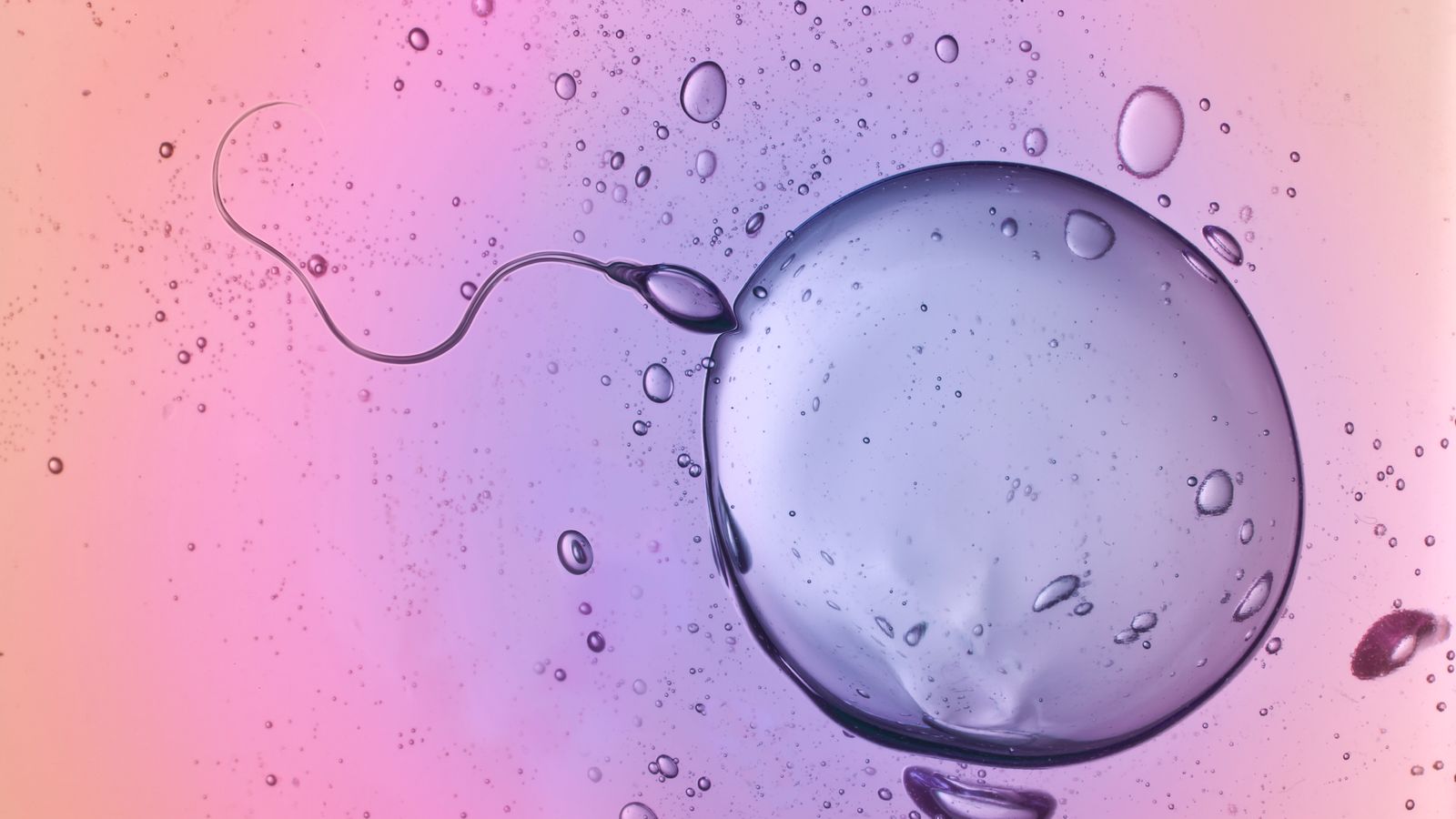Masturbation could increase a male primate’s chances of having offspring, according to new research.
The act of self-pleasuring may help with successful fertilisation by increasing arousal before sex, the study by University College London (UCL) said.
The scientists also said ejaculating after masturbation helps shed low-quality semen, leaving fresh sperm available for mating.
The researchers added it may also reduce the risk of contracting sexually-transmitted infections (STIs).
However, the scientists said the benefits of female masturbation – from an evolutionary perspective – remain less clear.
Read more:
What are the symptoms, how do you catch the STIs and how are they treated?
Little-known STI may increase the risk of cervical cancer in women
Lead researcher Dr Matilda Brindle said: “Our findings help shed light on a very common, but little understood, sexual behaviour and represent a significant advance in our understanding of the functions of masturbation.”
Masturbation is common among animals but is thought to be more prevalent in primates, including chimpanzees, apes and humans.
The study, published in the journal Proceedings of The Royal Society B, focused on primate animals, both wild and captive.
Be the first to get Breaking News
Install the Sky News app for free
Dr Brindle and her colleagues gathered information from 246 published academic papers and 150 questionnaires, with the aim to understand when and why masturbation evolved.
They also analysed personal communications from primate experts and zookeepers.
Findings suggest masturbation was most likely present in the common ancestor of humans and all other primates.






